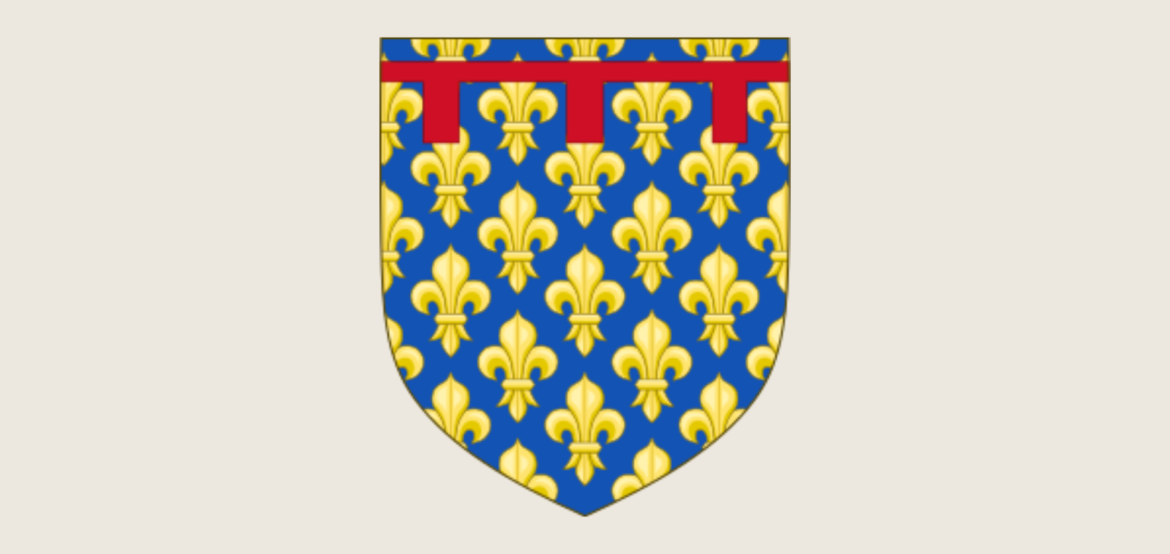The Anjou Dynasty, originating from France, made a significant impact on Polish history during their reign in the 14th and 15th centuries. This dynasty brought stability, cultural exchange, and strong leadership to the Polish realm.
Ludwik Węgierski (1370-1382):
Ludwik Węgierski, also known as Louis the Hungarian, ascended to the Polish throne through his marriage to Jadwiga of Poland. His reign was marked by his efforts to solidify Polish-Hungarian ties and protect the unity of the realm. Ludwik actively defended Poland against external threats, including the Teutonic Knights, and sought to maintain the country’s territorial integrity.
Jadwiga Andegaweńska (1384-1399):
Jadwiga Andegaweńska, also known as Hedwig of Poland, was the first female monarch of the Polish Kingdom. Her reign was characterized by her dedication to diplomacy, religious tolerance, and social reforms. Jadwiga’s marriage to Władysław II Jagiełło united Poland and Lithuania under a personal union, forming the basis for the future Polish-Lithuanian Commonwealth.
Władysław II Jagiełło (1386-1434):
Władysław II Jagiełło, also known as Jogaila, played a pivotal role in Polish history. His reign witnessed the transformative Battle of Grunwald in 1410, where the united forces of Poland and Lithuania repelled the Teutonic Knights, securing the country’s territorial integrity. Władysław II Jagiełło’s reign marked the beginning of the Jagiellonian Dynasty and the era of close Polish-Lithuanian cooperation.
Władysław III Warneńczyk (1434-1444):
Władysław III Warneńczyk, also known as Ladislaus III of Varna, had a short but eventful reign. He is remembered for his military campaigns, particularly the ill-fated Battle of Varna in 1444 against the Ottoman Empire. Although Władysław III perished in the battle, his bravery and commitment to defending Polish interests against external threats left a lasting impression.
The Anjou Dynasty, with Ludwik Węgierski, Jadwiga Andegaweńska, and Władysław II Jagiełło at its helm, played a crucial role in safeguarding Polish unity and defending the realm from external adversaries. Their reigns witnessed significant military victories, diplomatic alliances, and social reforms that laid the foundation for a stronger, more prosperous Poland. The Anjou Dynasty’s contributions to Polish history are a testament to their dedication, leadership, and commitment to the welfare of the kingdom.
